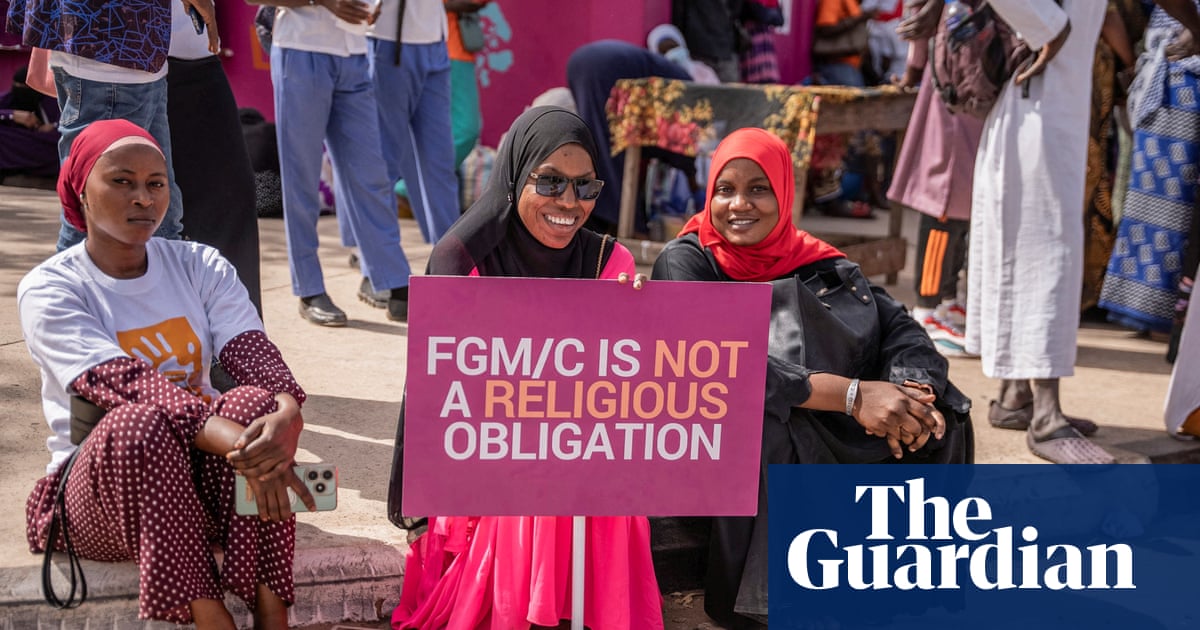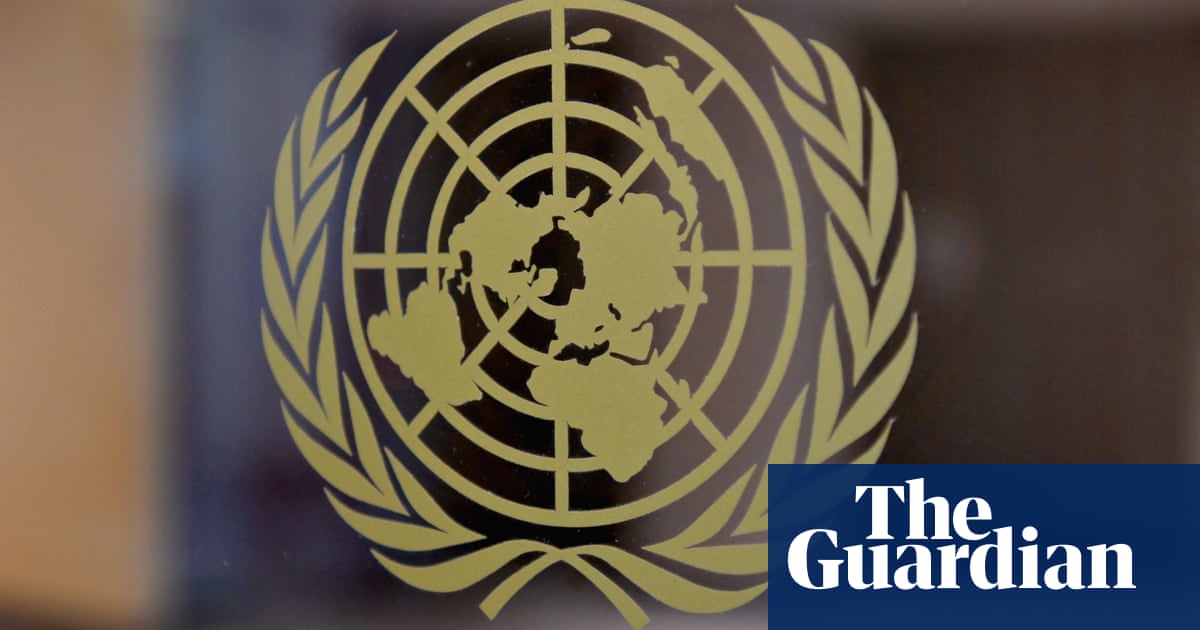
A White House adviser and his partner have called on the United Nations to move a key climate change summit from Egypt due to the country’s treatment of LGBTQ people, citing fears that they and other activists would be targeted by security forces if they attend the talks.
The couple, Jerome Foster and Elijah Mckenzie-Jackson, have written to Patricia Espinosa, executive secretary of the United Nations Framework Convention on Climate Change (UNFCCC), to condemn the choice of Egypt as host of the Cop27 talks due to its “LGBTQ+ torture, woman slaughter and civil rights suppression” and that the decision “places our life in danger in the process of advocating for the life of our planet”.
Thousands of delegates from countries around the world, including various heads of state, are set to head to the coastal resort town of Sharm el-Sheikh in November for the Cop27 climate conference. The talks are seen as crucial amid rising concerns about food security and governments’ failure to adequately slash planet-heating emissions.
But climate activists have voiced concerns about the ability of protesters, indigenous rights groups and others to access the event. Sameh Shoukry, Egypt’s foreign minister, has said the government will assign “a facility adjacent to the conference centre” to contain activists, with a coalition of human rights groups warning this risks curtailing people’s ability to protest world leaders’ inaction on the climate crisis.
Alarm has also been raised over the fate of Alaa Abd El Fattah, who has spent much of the past decade in prison, and is now on hunger strike, over his anti-government protests and comments.
Foster, a 20-year-old US activist who is an adviser to the White House on environmental justice issues, said that he worried he could be arrested or imprisoned because of his sexuality if he went to Egypt.
“Being gay in Egypt is scary. We aren’t going to put our lives at risk and we don’t want anyone else to have their lives at risk,” he told the Guardian. “It’s terrifying. My family is highly religious and it was really hard to even talk about all this with them, the idea of going to a country with that sort of extra fear is traumatizing.”
Mckenzie-Jackson, an 18-year-old British climate activist, said the UNFCCC needed to move the conference or risk failing to uphold its own stated values, which includes a prohibition of any discriminatory behavior against people for their sexual orientation or gender identity at any event held by the body.
“The UN is being irresponsible, it isn’t practicing what it preaches,” he said. “There are better options of countries in Africa that will still include African voices. People shouldn’t be cannon fodder for the climate movement. Cop27 will fail if it’s in Egypt because critical voices will be left out.”
While same-sex relationships aren’t explicitly banned in Egypt, the country’s security forces have used laws designed to protect against public “debauchery” to harass, arrest, imprison and even torture LGBTQ people, according to human rights groups. One of the co-signatories to Foster and Mckenzie-Jackson’s letter is Ahmed Alaa, an Egyptian who was imprisoned for three months after waving a rainbow flag at a concert.
Rasha Younes, a Middle East and North Africa LGBTQ rights researcher at Human Rights Watch, said it is not uncommon for security forces to drag people from the streets solely based on their gender expression or to entrap them through dating apps or social media by pretending to be romantically interested in them, only to then arrest them, throw them in prison and encourage other inmates to abuse them.
“The evidence we’ve collected on entrapment suggested a coordinated policy by Egyptian authorities to target LGBT people,” Younes said. “Anyone going to Cop27 should be concerned and should take precautions, particularly with their online activity. But of course we are even more concerned for people who live in Egypt already.
“Under [Egyptian president] Abdul Fattah al-Sisi, authorities have waged a persecution against those perceived to be gay or transgender, there have been widespread abuses,” she added. “The problem is systematic and huge. Cop27 provides an opportunity for civil society to pay attention to what’s happening on the ground in Egypt.”
The UNFCCC did not respond to a request for comment on its support for LGBTQ people or the demand to move the location of the climate conference.











